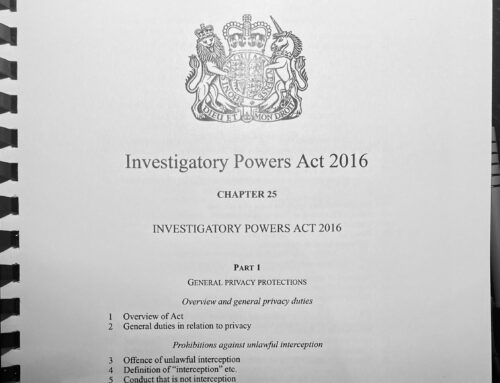When the celebrated lawyer Gareth Peirce suggested that I drop in on “Mr Othman” (Abu Qatada) for a cup of tea at his house, I jumped at the chance. Charismatic even in a grey sweatsuit, he talked with animation about everything from the politics of the Middle East to the awkwardness of being recognised in his local (Stanmore) branch of Tesco.
Abu Qatada’s long fight against deportation was not going well, and he hoped that I might report back positively to the Home Secretary (or as he liked to call her, “Crazy May”). But there would have been no point: the two of them were engaged in a cartoon battle, from which only one winner could emerge. When in flowing Arab robes he boarded the plane for Jordan in July 2013, it was she who was hailed as the victor.
The difficulties in deporting Abu Qatada were a result of the legal system struggling to answer a highly-charged question: what (if any) safeguards are sufficient to allow suspected foreign terrorists to be deported to countries where there is a risk of torture, or of trial based on torture evidence?
The UK’s policy of “deportation with assurances” or DWA, though cautiously endorsed by the European Court of Human Rights in Strasbourg, has been routinely condemned from two opposite directions. Many human rights advocates believe it to be unconscionable that a person should ever be sent to a country where torture is used. On the other side are those who say, in the polite paraphrase of the Supreme Court Justice Lord Hope:
“Why hesitate, people may ask. Surely the sooner they are got rid of the better. On their own heads be it if their extremist views expose them to the risk of ill-treatment when they get home.”
Since Abu Qatada’s departure, a little of the heat has gone out of the debate. Most dangerous terrorists are home-grown, and could never be deported. The export (or “catch and release”) of foreign terrorists carries its own risks. And as the promise of the Arab Spring has turned to dust, the list of countries with which credible assurances could be negotiated has been growing shorter, rather than longer as was once hoped. The loss of Algeria in April 2016 as an approved destination for deportations was a particularly significant blow. As of February, when I completed my report on DWA, not a single case was pending.
The DWA report was published today, almost five months after I stepped down from the post of Independent Reviewer of Terrorism Legislation. Its terms of reference were narrow, but I included in it some reflections (at 3.8-3.23) on whether DWA has had its day.
My conclusion is identical to that of Emeritus Professor Clive Walker QC, who wrote the international and comparative section of the report:
“DWA can play a significant role in counter-terrorism, especially in prominent and otherwise intractable cases which are worth the cost and effort, but it will be delivered effectively and legitimately in international law only if laborious care is taken.”
The Government, constrained by rulings from the courts, has indeed taken laborious care over the past 12 years to make its policy human rights-compliant. That is more than can be said for some other members of the Council of Europe. But the returns over that period have been meagre: just nine deported to Algeria (before 2011) and two to Jordan in 2012-13.
The obstacles are now formidable. It remains to be seen whether the Government retains the stomach for the fight.






